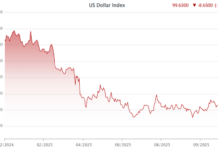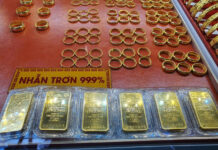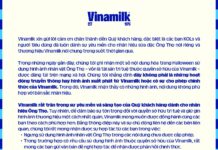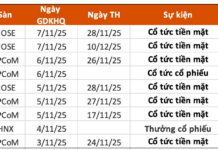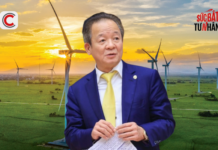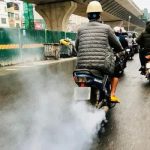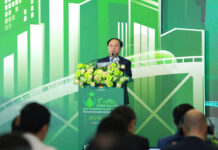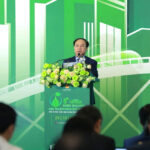Vietnam Adopts Euro 5 Emissions Standard: Challenges and Opportunities
According to Decision 49/2011 by the Prime Minister, new imported, assembled, and domestically produced automobiles must comply with Euro 5 emissions standards from January 1, 2022. However, nearly three years after its implementation, there have been numerous complaints and concerns raised regarding the quality of gasoline and diesel not meeting the corresponding standards.
Consumers Bear the Brunt
As per our investigations, as of now, only the Vietnam National Petroleum Group (Petrolimex) provides Euro 5 gasoline and diesel to the market, with other suppliers contributing insignificantly.
However, only over 20% of Petrolimex’s 5,000 gas stations offer Euro 5 diesel. The number of stations providing Euro 5 gasoline is even lower, at just around 200, accounting for 3.4% of the total.
This situation arises due to the reluctance of fuel companies to invest in dispensing systems and the absence of any government mandate to sell this type of fuel.
Mr. Dao Cong Quyet, representing the Vietnam Automobile Manufacturers’ Association (VAMA), stated that since the middle of 2021, when the government issued guidance on implementing the Euro 5 roadmap, association members have proactively upgraded their technology to introduce compliant products to the market.
“We also forecasted consumption levels and requested relevant ministries to ensure the supply of Euro 5 fuel before 2022. Nevertheless, after nearly three years of transition, VAMA members have received thousands of complaints regarding fuel quality affecting vehicles, such as dashboard error lights, engine jerking, clogged exhaust gas recirculation valves, and sudden engine shutdowns,” Mr. Quyet revealed.
Automobile expert Nguyen Minh Dong asserted that countries implementing emissions standards typically mandate the sale of compliant fuel before requiring the production and supply of corresponding vehicles. However, Vietnam has done the opposite.
Mr. Nguyen Xuan Hung, Vice President of Petrolimex, cited examples from other nations, where the introduction of higher-standard vehicles was accompanied by a complete halt in the sale of lower-standard fuel, making the transition smoother.
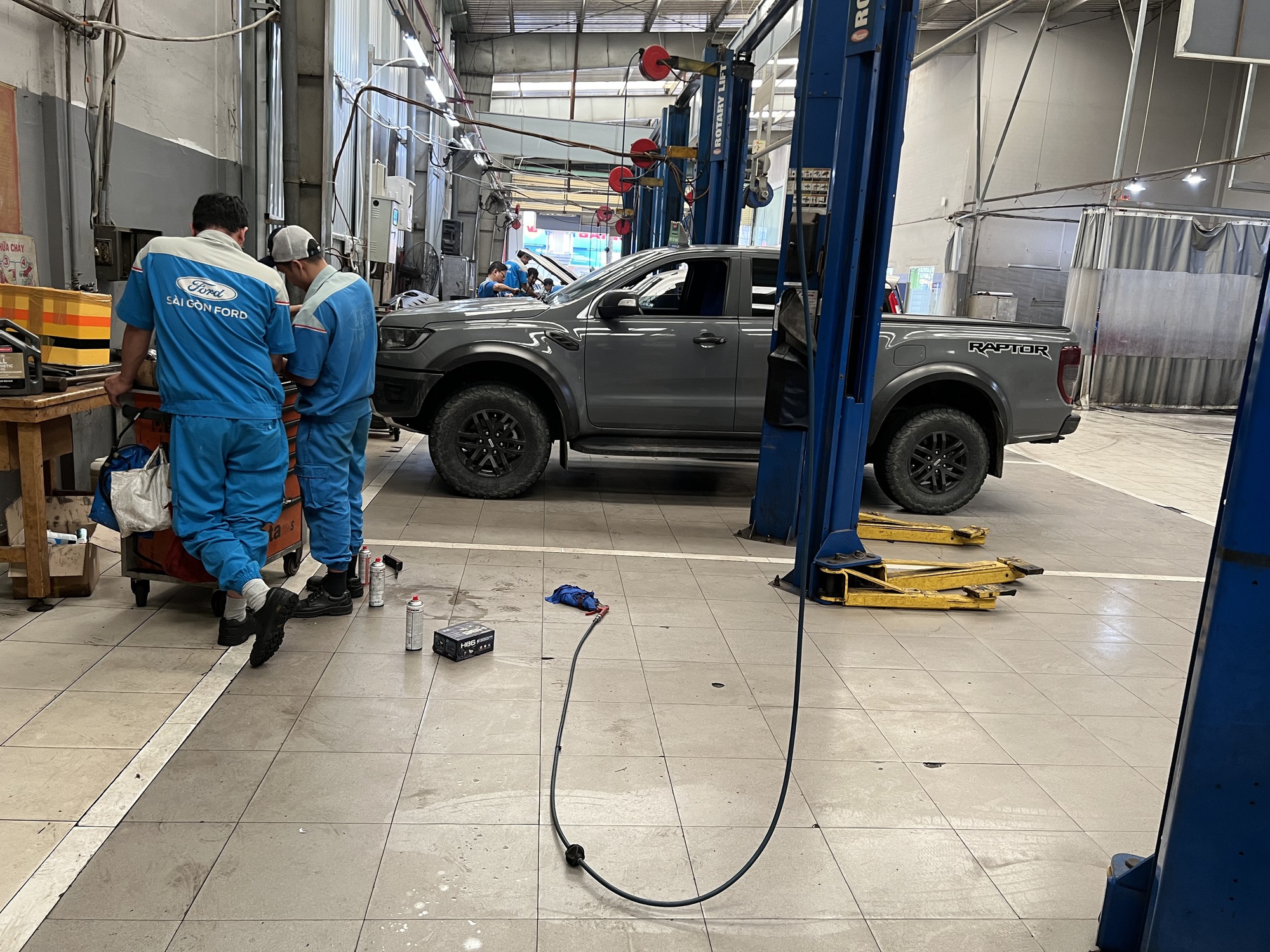
Euro 5-compliant vehicles may suffer damage to critical components and parts if lower-standard fuel is used. Photo: NGUYEN HAI
A Challenging Situation for All
Ms. Nguyen Thuy Hien, Deputy Director of the Domestic Market Department under the Ministry of Industry and Trade, acknowledged that transitioning from lower-standard to higher-standard fuel requires time and depends on supply and people’s living standards. The ministry will collaborate with VAMA to assess the demand for Euro 5 fuel and subsequently instruct fuel companies to produce and supply it to the market.
According to the Vietnam Petroleum Association, fuel companies face a dilemma as they must carefully choose which products to sell. Currently, each gas station is only allowed to sell four types of fuel, so offering Euro 5 fuel would mean discontinuing another product.
Moreover, Euro 5 fuel is more expensive, leading to lower demand. Additionally, in some areas, companies face challenges due to the distance between gas stations and ports, resulting in higher transportation costs.
Mr. Bui Ngoc Bao, Chairman of the Vietnam Petroleum Association, pointed out that as Euro 5 fuel is not mandatory for vehicles currently in use, social demand remains low, impacting companies’ business results. Furthermore, the government has not implemented any policies to support or encourage consumers to choose higher-quality fuel.
Mr. Ruchik Shah, General Director of Ford Vietnam, emphasized that “clean cars” must be accompanied by “clean fuel” to create a truly clean environment. “While automakers strive to provide environmentally friendly vehicles with advanced technology, the lack of suitable fuel undermines the environmental benefits,” he argued.
Dr. Nguyen Thanh Tam, from the Automotive Engineering Department at Quy Nhon University, suggested accelerating the production and processing of Euro 5 fuel at domestic refineries to ensure a stable local supply.
Car dealerships accused of providing inadequate information
Attorney Nguyen Van Hau, Deputy Head of the Ho Chi Minh City Bar Association, reported that some automobile distributors fail to adequately inform customers about vehicles that mandatorily use Euro 5 fuel, leading to faster vehicle deterioration. He advised consumers to thoroughly research vehicles before making a purchase and urged dealerships to provide clear information about compatible fuel types and any mandatory fuel requirements to prevent potential risks.
The New Regulations for Motorcycles: Will Tens of Millions Be Lined Up to Comply by 2025?
The mandatory emission testing regulation for all motorcycles has been passed into law as part of the Road Traffic Order and Safety Act.






